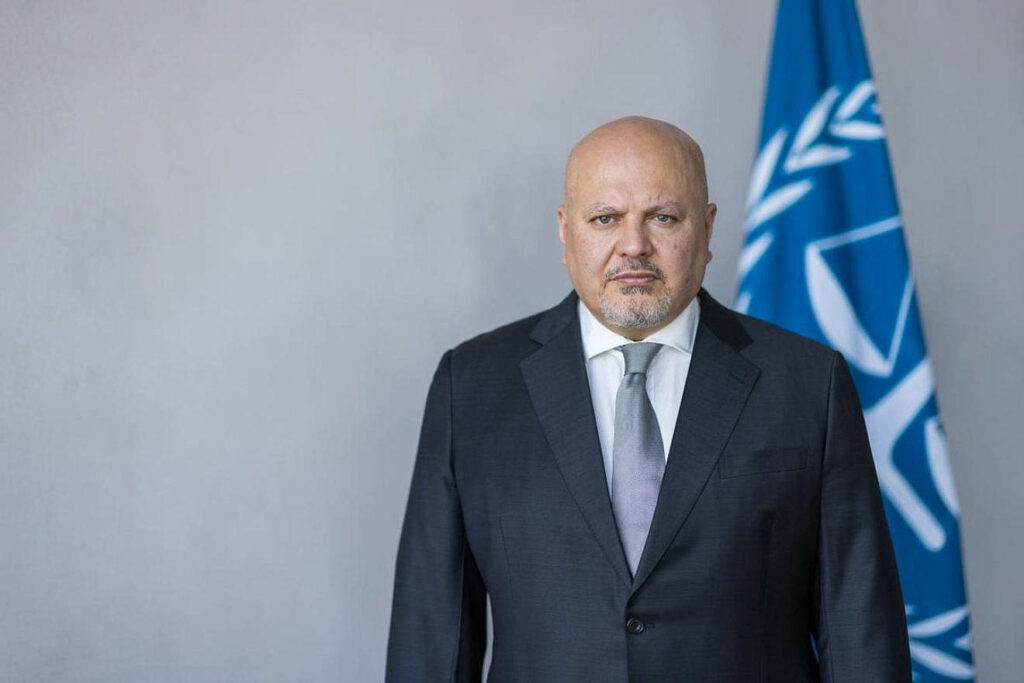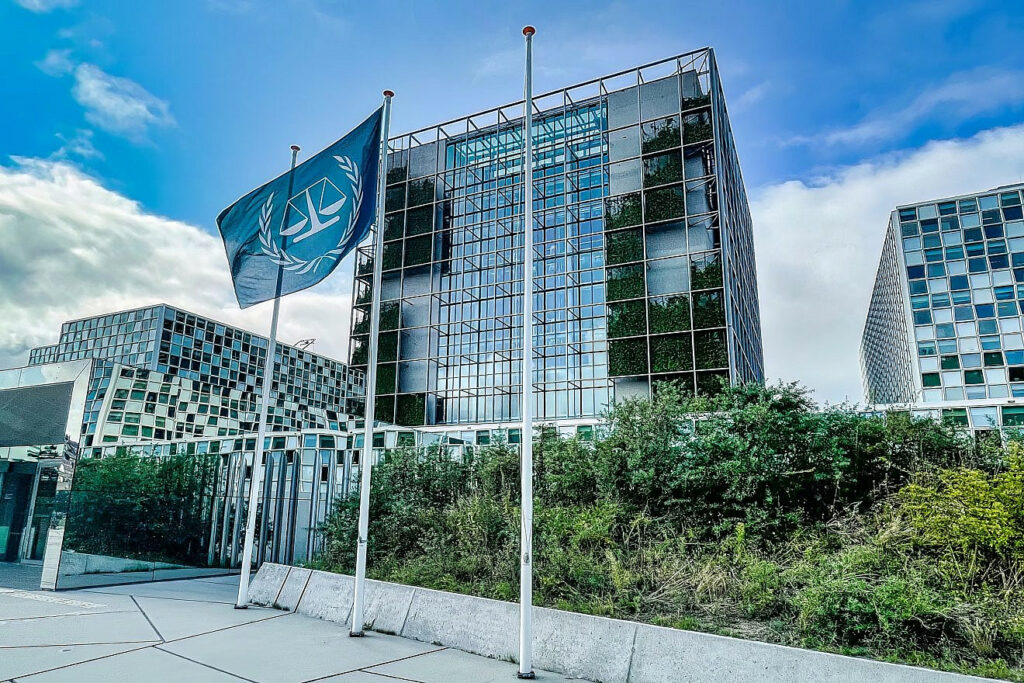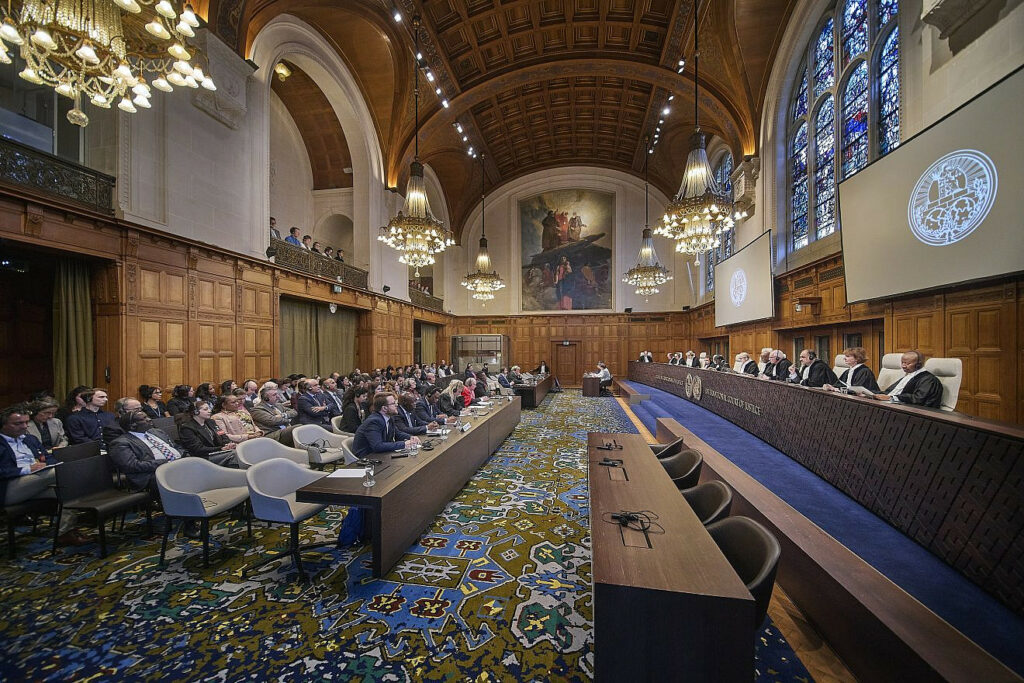
Netanyahu expects ICC to grant arrest warrants against him soon
The International Criminal Court could approve the warrants prior to his July 24 address to the U.S. Congress, said the Israeli premier.
Israeli Prime Minister Benjamin Netanyahu said on Tuesday that he believes the International Criminal Court in The Hague will soon approve the ICC prosecutor’s request to issue arrest warrants against himself and Israeli Defense Minister Yoav Gallant.
He made the remarks during a meeting on Tuesday evening with Justice Minister Yariv Levin, Strategic Affairs Minister Ron Dermer and Attorney General Gali Baharav-Miara, Ynet reported.
Netanyahu suggested that the warrants could be issued before his address to the U.S. Congress on July 24.
Based on the court’s previous timelines, the period between a warrant request and the court’s decision is between one to eight months. In the case of Russian President Vladimir Putin it took one month, the report noted.
In requesting the warrants, ICC Prosecutor Karim Khan accused Netanyahu and Gallant of “starvation of civilians,” “willfully causing great suffering,” “intentionally directing attacks against a civilian population” and other war crimes.
Israel has stood united against the ICC threat, with politicians of all stripes condemning the court.

“The State of Israel embarked on the most just war, after a massacre by a terrorist organization against its citizens,” said Benny Gantz, head of the opposition National Unity Party.
The ICC has no jurisdiction in Israel as Jerusalem is not a signatory to the Rome Statute, which established the court. But in a legalistic sleight of hand it claimed jurisdiction by accepting the “State of Palestine” as a signatory in 2015, even though no such state exists.
However, 124 countries are signatories to the Rome Convention. These countries are obligated to act on any arrest warrant it issues, raising the possibility that Netanyahu and Gallant could be placed under arrest while visiting these countries.
Lending credence to this seemingly farfetched scenario was the response by France and Germany to the ICC prosecutor’s announcement.
“We support the International Court of Justice, its independence and the fight against impunity in any situation,” said Stéphane Séjourné, France’s minister for Europe and foreign affairs.
Berlin’s Federal Foreign Office stated, “The International Criminal Court is a fundamental achievement of the international community that Germany has always supported. Germany respects its independence and the conduct of proceedings just as it does for all other international courts.”

European Union High Representative for Foreign Affairs Josep Borrell, known for his anti-Israel stance, said, “All states that have ratified the ICC statutes are bound to execute the Court’s decisions.”
It’s not clear what strategy against the ICC Israel will take. It was reported last week that Israel paid 120,000 shekels ($32,000) for 20 days of legal counsel for Netanyahu and Gallant in connection with the issue.
Analysts JNS spoke with recommended an “aggressive strategy of non-cooperation.”
Israel should not cooperate, nor allow any citizen to cooperate, with the court, said Avi Bell, a law professor at the University of San Diego and at Bar-Ilan University in Ramat Gan.
“Don’t allow anybody to go abroad to talk to them,” he told JNS. “It’s perfectly fair given the ICC is threatening Israelis with false imprisonment and false prosecution, [and is] actively collaborating with a terrorist organization in lawfare against Israel.”
Eugene Kontorovich, head of the international law department at the Kohelet Policy Forum, told JNS that Israel should sanction the court and those countries that attempt to arrest Israeli officials, following the American approach in 2002 when it found itself in the court’s crosshairs.

The United States House of Representatives reacted sharply against the court in this case as well, introducing a bill that would require the U.S. president to sanction those who assist the ICC in its investigation, arrest, detention or prosecution of “a protected person.”
On June 4, the House voted in favor of the bill, 247 to 155.
AIPAC said that the bill came in response to the “morally bankrupt and legally baseless attack against Israel” leveled by the ICC prosecutor.
Khan has reacted to warnings of sanctions by issuing threats of his own. “When individuals threaten to retaliate against the Court or Court personnel…such threats, even when not acted upon, may also constitute an offence against the administration of justice under Art. 70 of the Rome Statute,” he wrote.
According to Bell, Khan’s threat is “itself a crime.“
“He’s trying to influence the decisions of leaders in democratic countries with threats of false imprisonment. That in itself is worthy of a criminal indictment,” he said, noting that such extortion is a criminal offense in both the United States and Israel.
“That’s very, very serious business. So I think that there is room for sanctions against the ICC prosecutor,” he said.
The post Netanyahu expects ICC to grant arrest warrants against him soon appeared first on Israel365 News.
Israel in the News